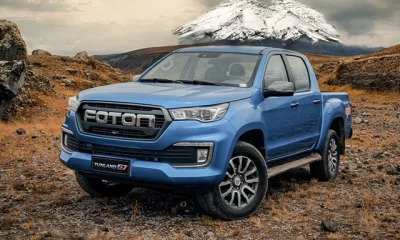
A new report suggests that Hyundai is getting ready to discontinue half of its internal combustion engines as a means to free up resources and invest in electric vehicles. It’s understood that this strategy was approved by the South Korean brand’s top management in March.
Sourcing information from two insiders, Reuters reports that Hyundai has not laid out a timeline for this direction, but it will happen. “It is an important business move, which first and foremost allows the release of R&D resources to focus on the rest: electric motors, batteries, fuel cells,” the insider said.
When asked for a response, Hyundai did not address the discontinuation of certain combustion engines but it did confirm that it would be accelerating the adoption of eco-friendly vehicles such as EVs and hydrogen fuel cell driven cars in its line-up.
Hyundai added that it aims to slowly expand its EV offerings in key markets such as the USA, Europe and China until it reaches full electrification by 2040. During this time, the group, which includes Kia and Genesis, aims to sell roughly one million EVs per year by 2025 and claim a 10 per cent share of the global EV market. This is a strategy similar to most manufactures as tightening CO2 emission targets are being implemented in Europe and China.
“Hyundai has stopped developing new powertrains for internal combustion engine cars,” the second insider reports and added that the group will finalise its strategy to switch to all electric models within the next six months.
Furthermore, Hyundai pledged that it would cut the number of gasoline-powered models in China from 21 to 14 models by 2025 while launching a new electric model every year starting in 2022. It was also reported that Hyundai was no longer negotiating autonomous vehicle development with Apple due to a strong internal opposition.




